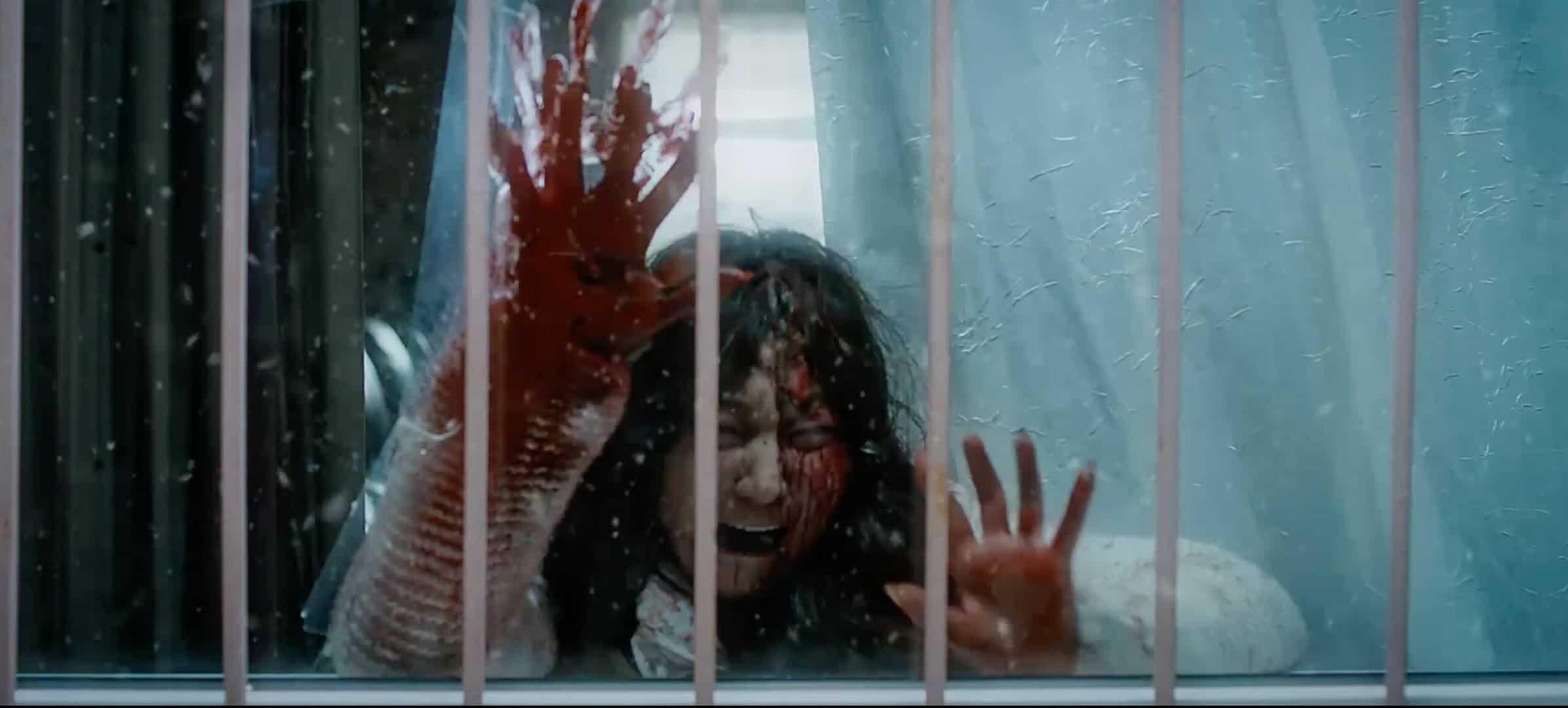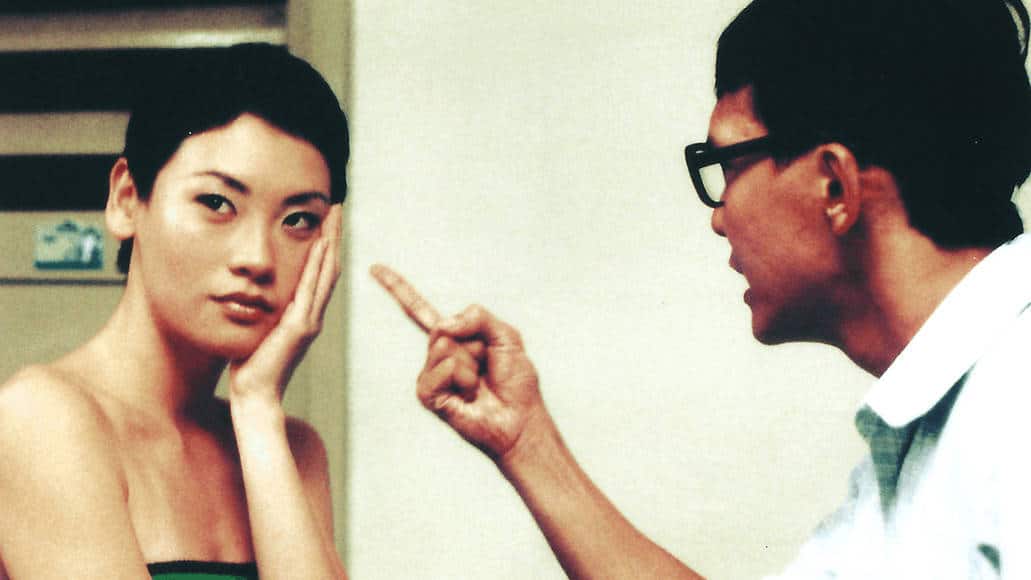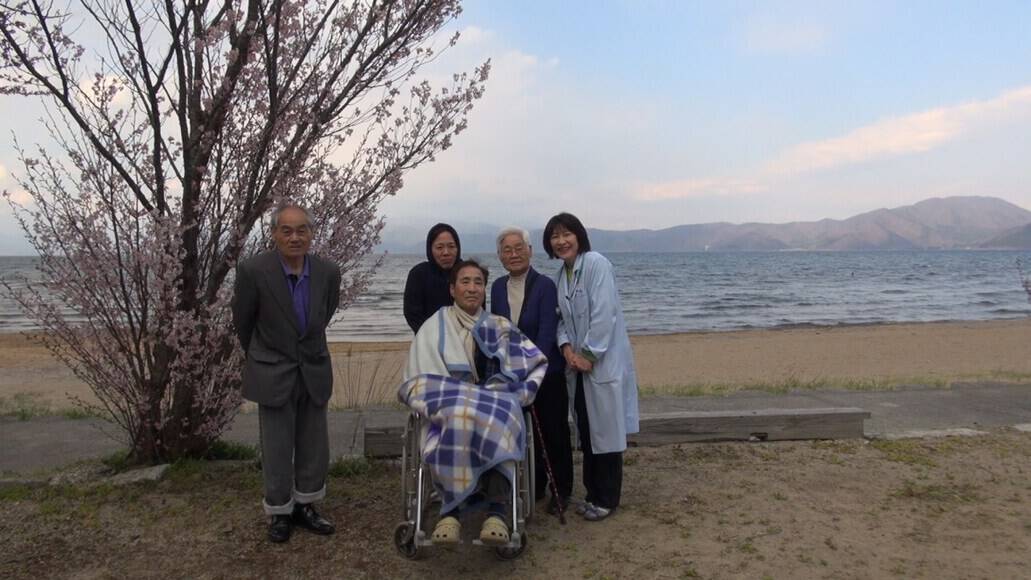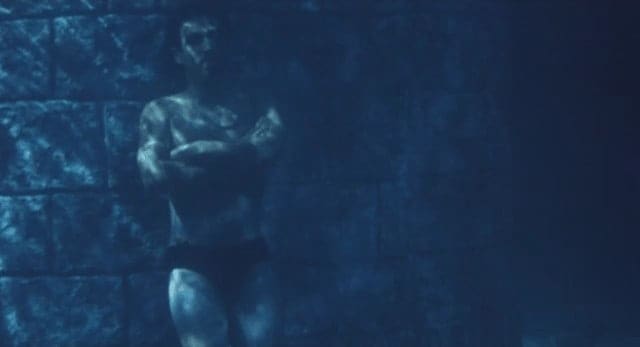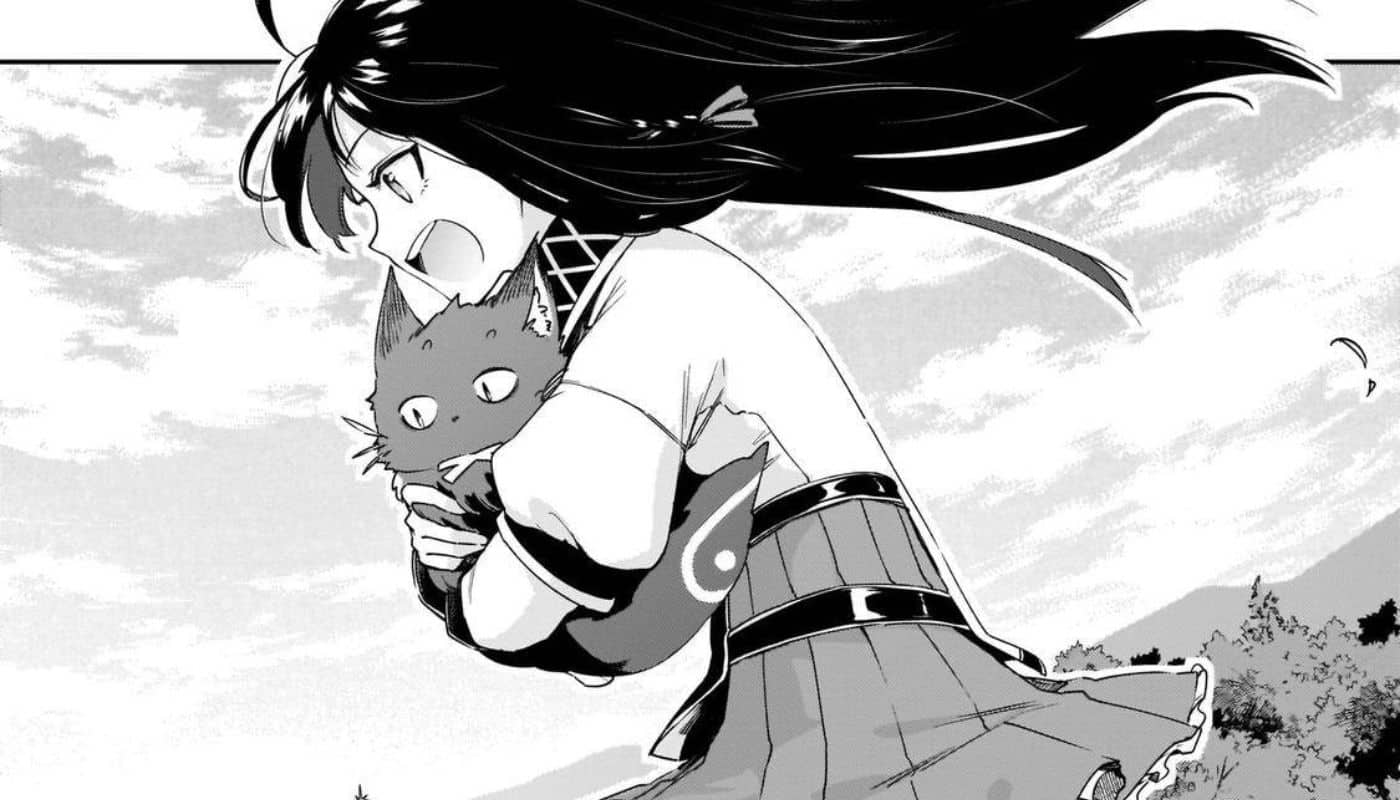Several new films at this year's Florence Korea Film Fest set their stories in the past. This is also the case for Lee Hwang-Kyungs dramedy “Best Friend”. He deals with the tense and oppressive political climate of the 1980s and president Park's regime.
“Best Friend” is screening at the Florence Korea Film Fest
Ui-Sik comes back to Korea from his exile in the USA to announce his candidature to the presidential election. The political party in power wants to prevent him. Ui-sik is set under house arrest for being a communist and therefore a threat to security of the country. In order to be up to date on his intentions and actions, a troupe has to observe him. Head of the observation team is Dae-Kwon, a fervent anti-communist and so the perfect fit for the job. His co-workers are a bit less disciplined, however. And so the plan to work undetected fails.
Very quickly, a relationship between Dae-Kwon and Ui-Sik develops. In the beginning Dae-Kwon pretends to be a normal neighbor. He shares food with Ui-Sik and his family, and tries, unsuccesfully, to fix Ui-Sik's cassette recorder and borrows a book. Ui-Sik who is isolated, appreciates this interaction. But through listening to Ui-Sik's family life and his sorrows, Dae-Kwon starts to feel real affection for the object of his observation.
“Best Friend” depicts a classical conflict between duty and personal convictions. The movie tells the story of an usual friendship. A life-threatening friendship on both sides, that, at the end, surmounts boundaries that seemed insurmountable. Besides what Ui-Sik went through, he still believes in other people's genuine and unconditional affection. He approaches Dae-Kwon without prejudices and mistrust. Dae-Kwon on the contrary, has a hard time to stick to his initial convictions. What he thought and was told to doesn't correspond to what he sees. He finds this supposedly criminal to be very gentle with his family, to enjoy himself over a good meal and some music. We see how his position shifts and how he begins to trust his own perceptions and feelings.
The political level of the story is unequivocal. Without explicitly citing former president Park, it seems clear that the film is set in his era. “Best Friend” is however not a real testimony for the political period it wants to depict. The film is too lurid and undifferentiated. It is not a serious confrontation with the topic, instead uses it to tell a suspenseful story.
The film contains all the important elements to make it an audience pleaser. There is action, drama and a happy end. Everything though is a bit excessive. The humor in the first half of the film has some nice moments. For example, when Dae-Kwon needs to explain why he knows the names of Ui-Sik's children. Or when he is supposed to repair the radio of his neighbor. Funny is also the scene in which Ui-Sik gives Dae-Kwon a poetry book. But in most cases, the comical parts result in slapstick. This is not due only due to the acting, but above all, to the script.
The main actors Ha Jung-woo as Dae-Kwon and Oh Dal-Su as Ui-Sik offer a solid performance. They harmonize very well. One is the always nervous and somehow childish character, while the other is the mature and calm one. Overall, the cast of the film is outstanding. All the roles on both sides are very well played. The cast as well as the story is predominantly masculine. Only Lee Yoo-bi as the daughter of Ui-Sik plays a more significant role.
“Best Friend” is in form and content very conventional. There are no big challenges for the viewer, the plot is predictable, and the camera work simple and plain. The film has the aesthetics of a big production, and fulfills the expectations of a broad public. Besides the fact that it is clearly too long, it is entertaining. The pace is quick and the ensemble of figures makes it even more dynamic.



